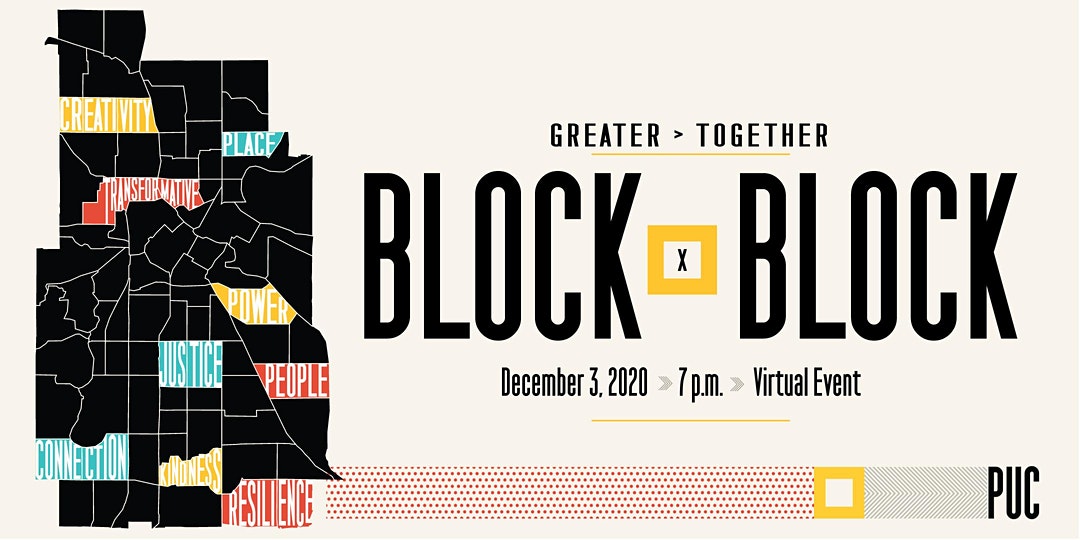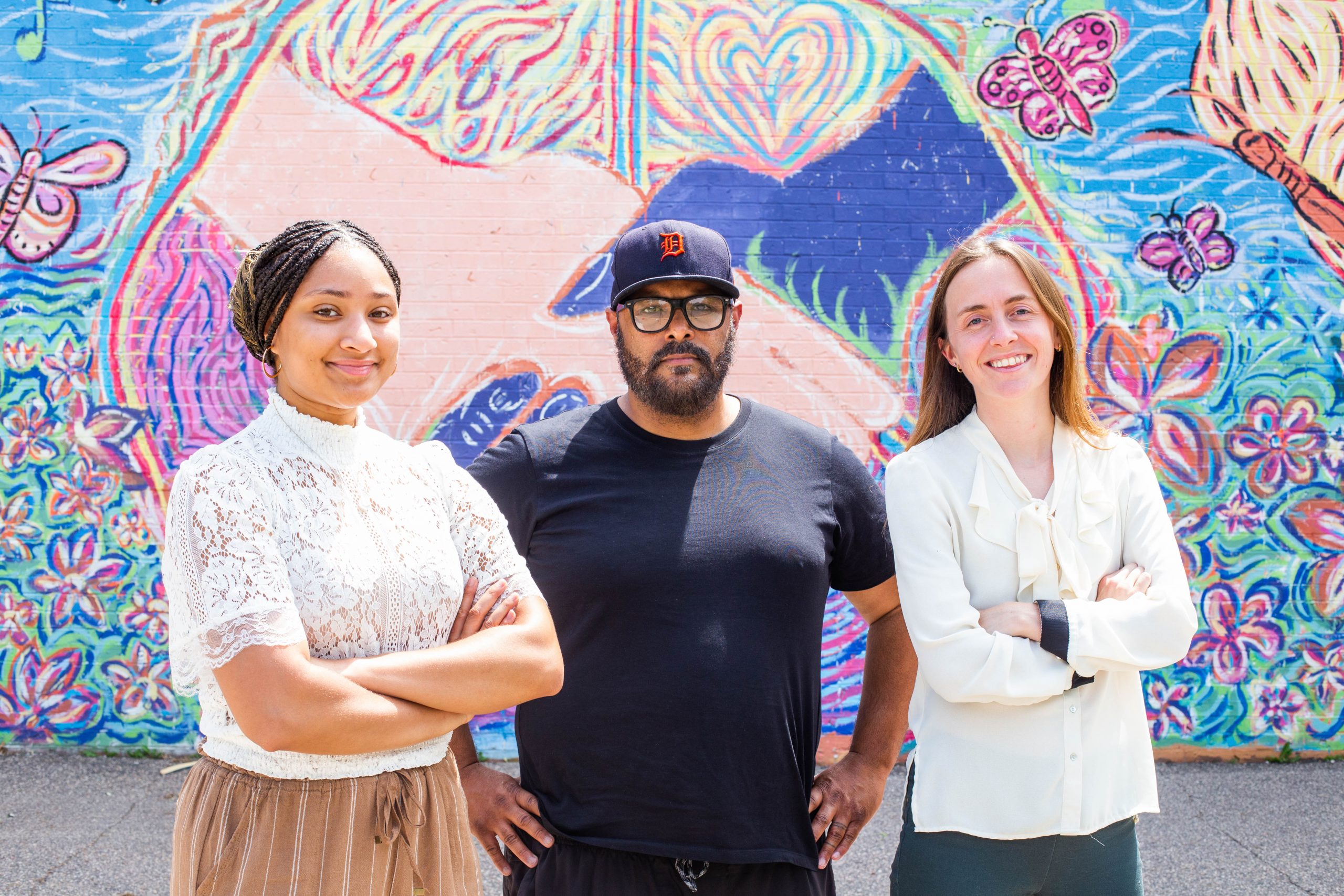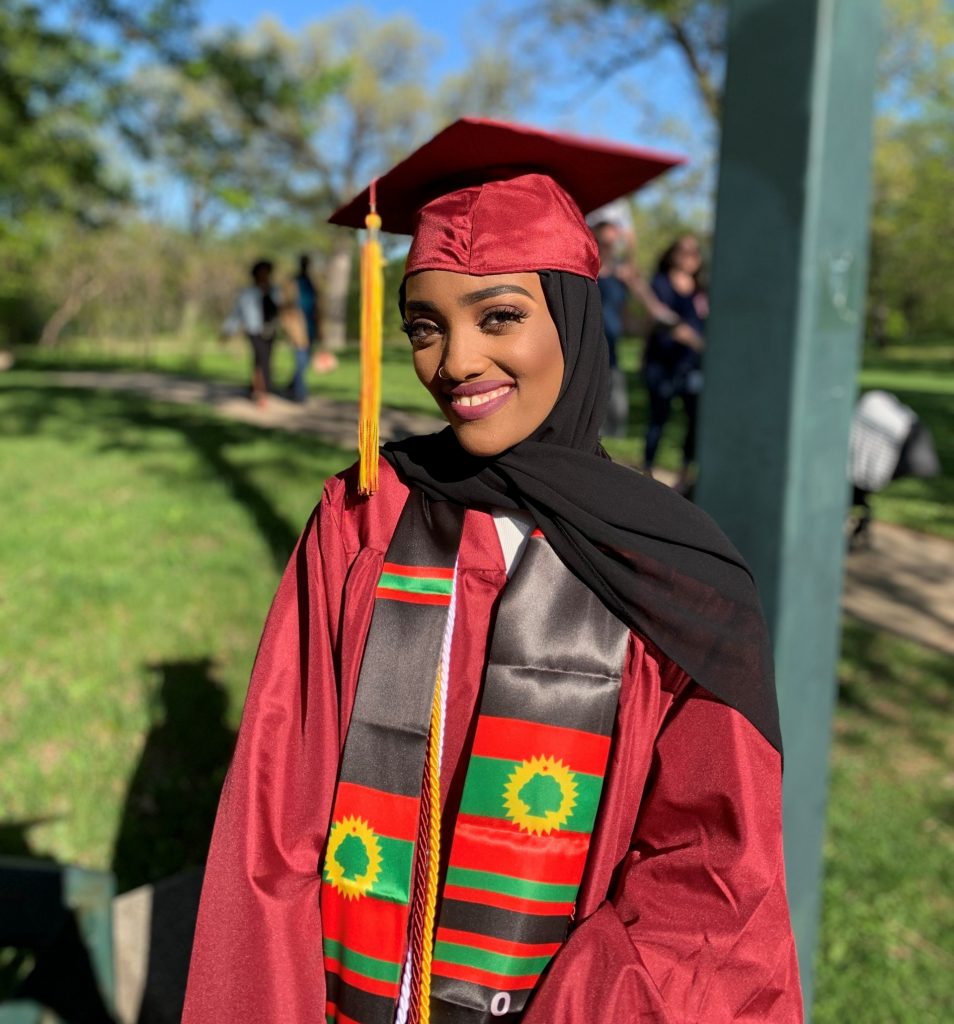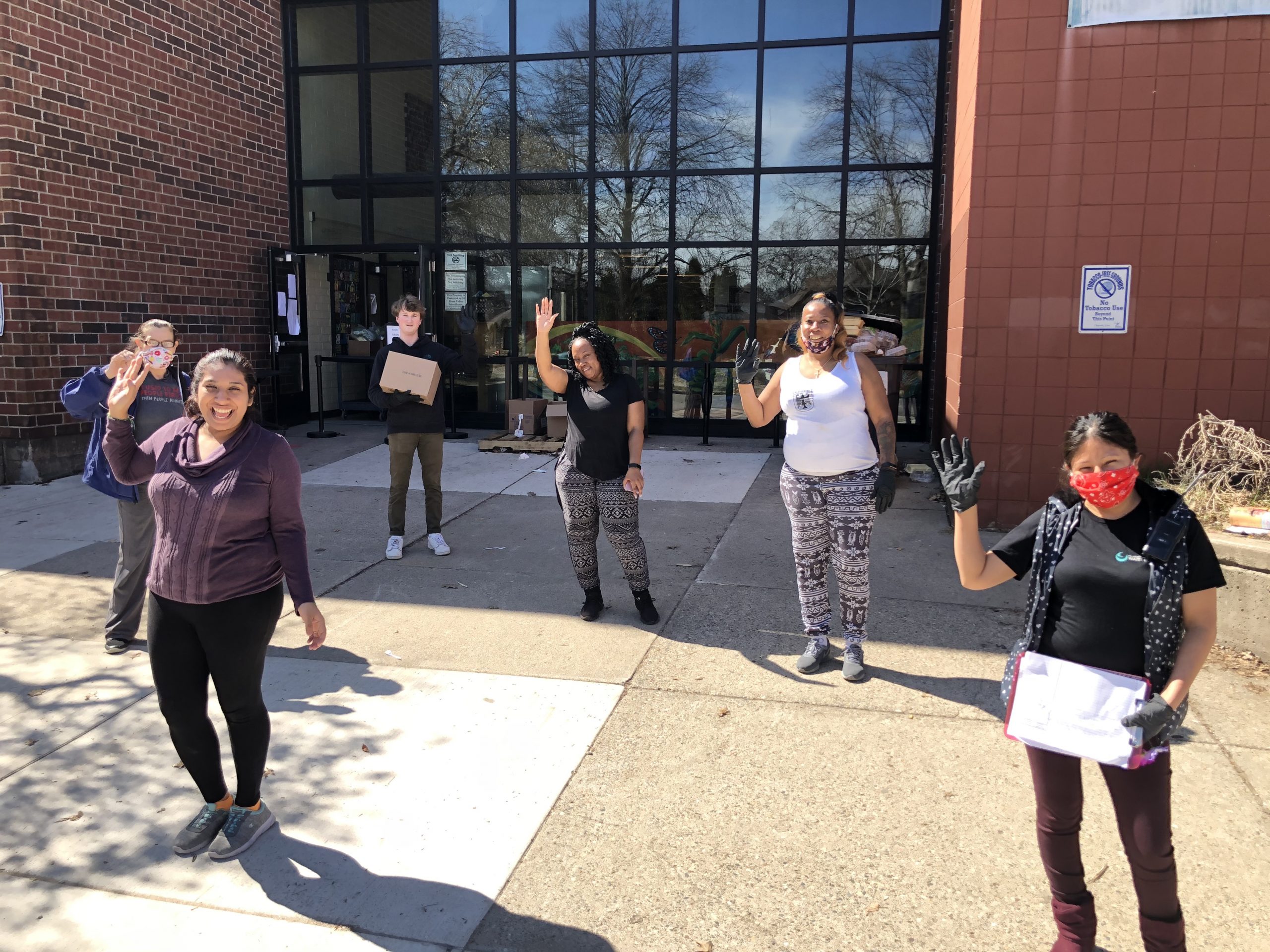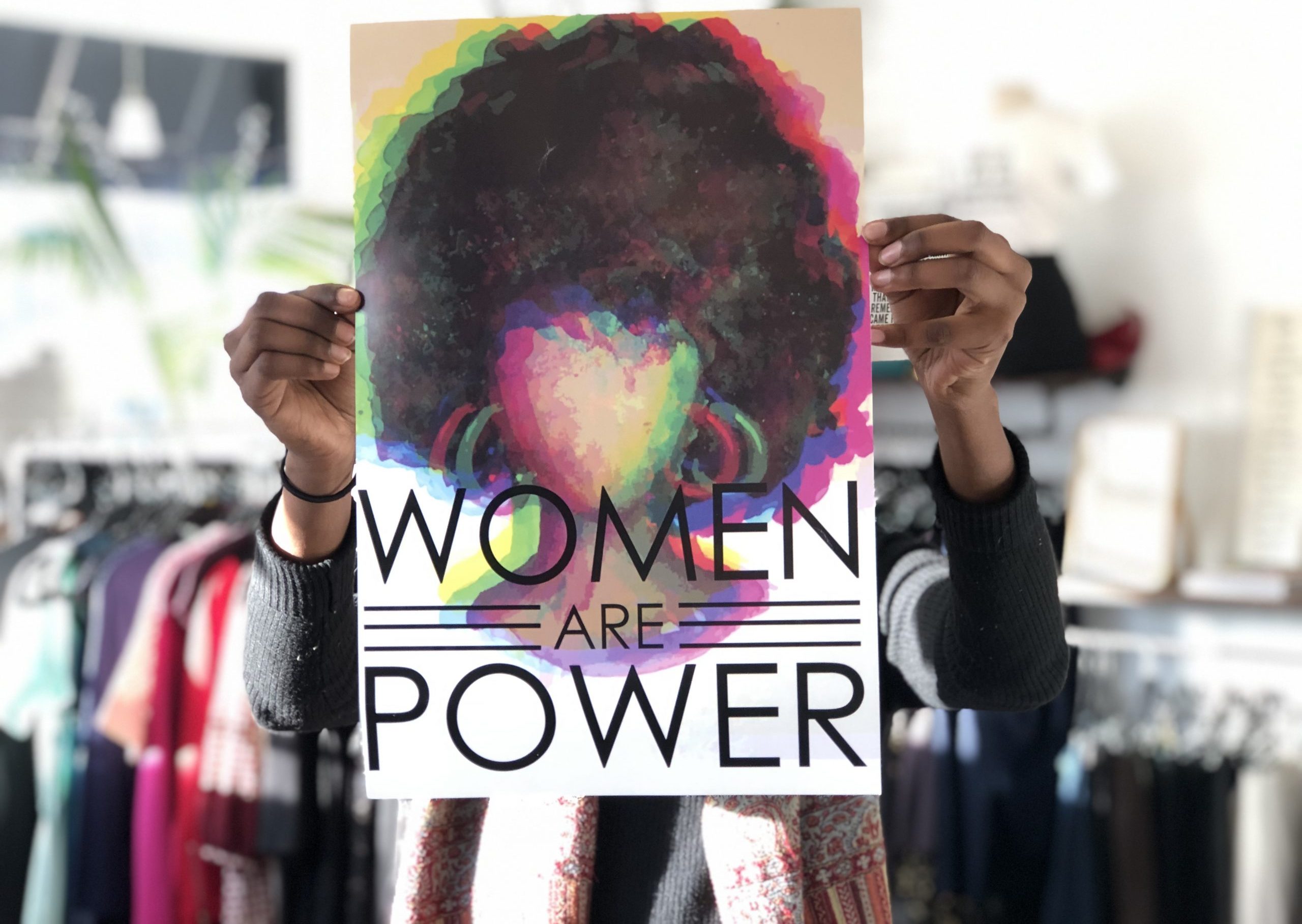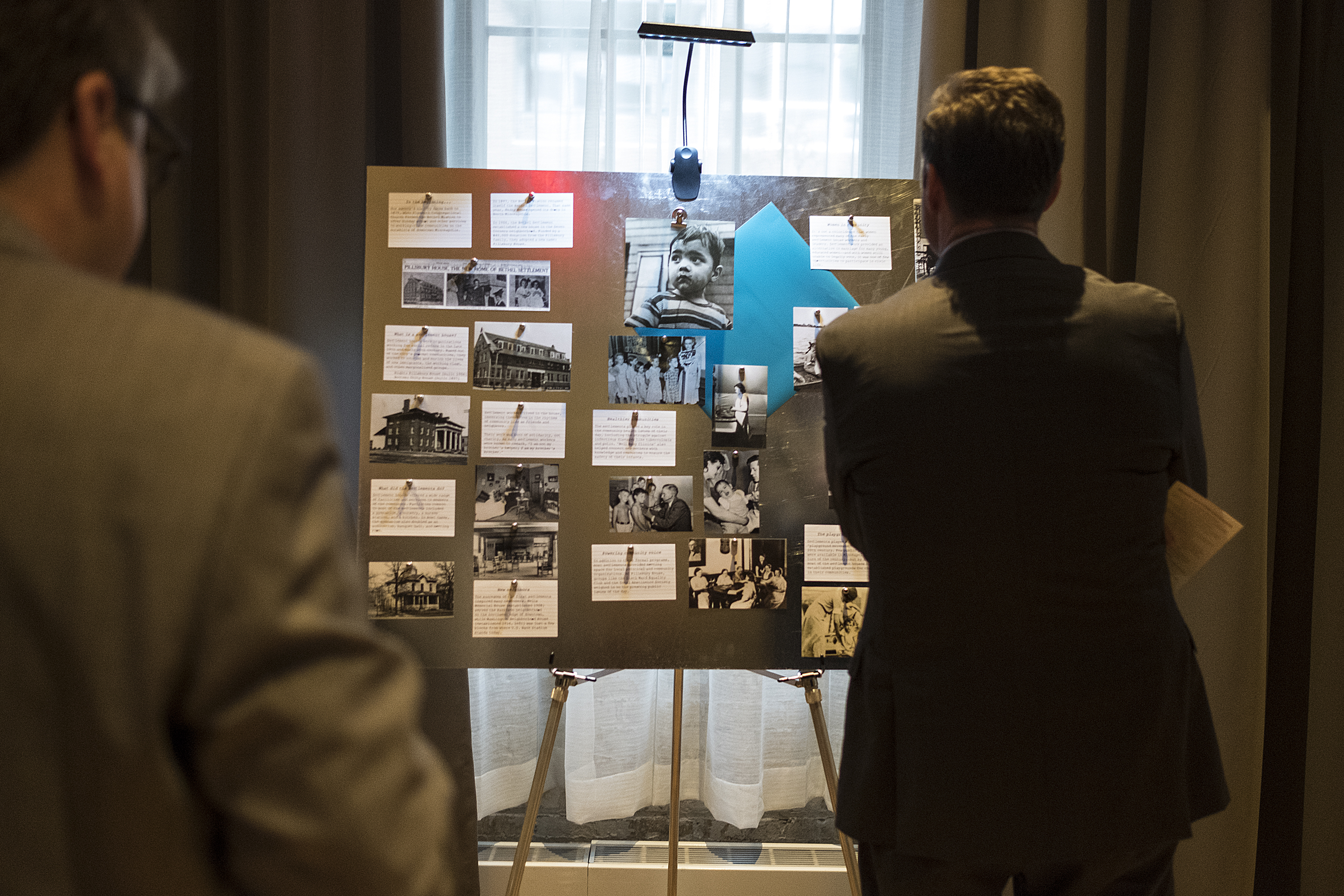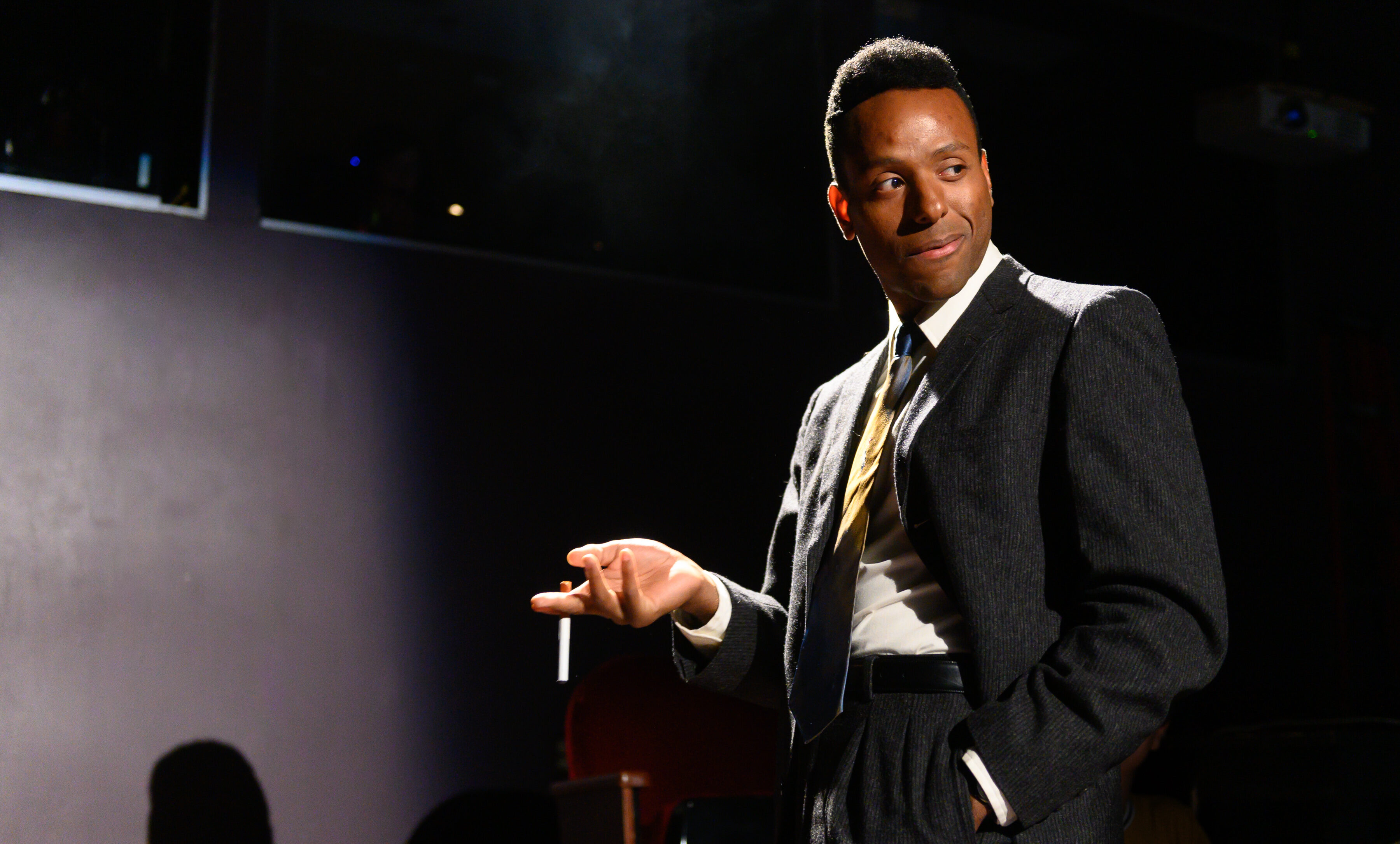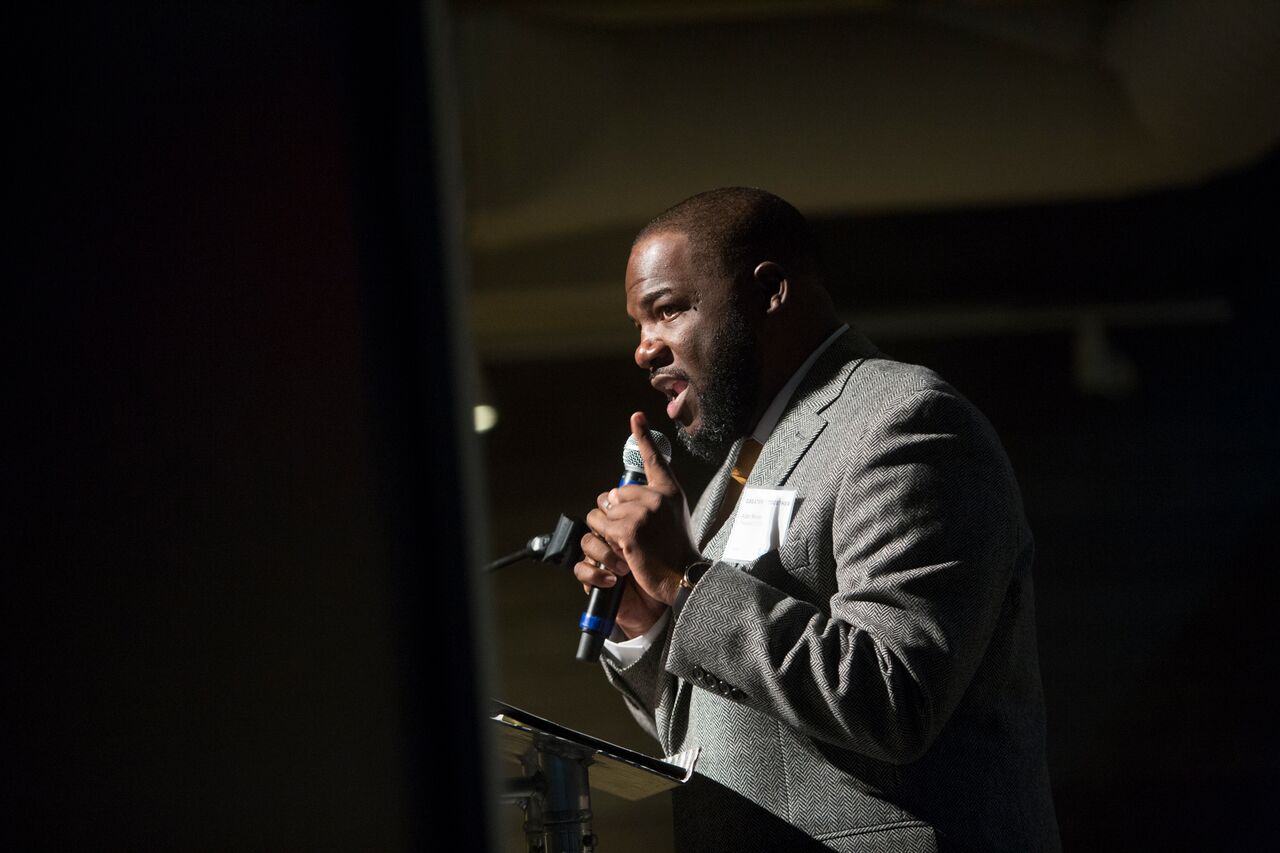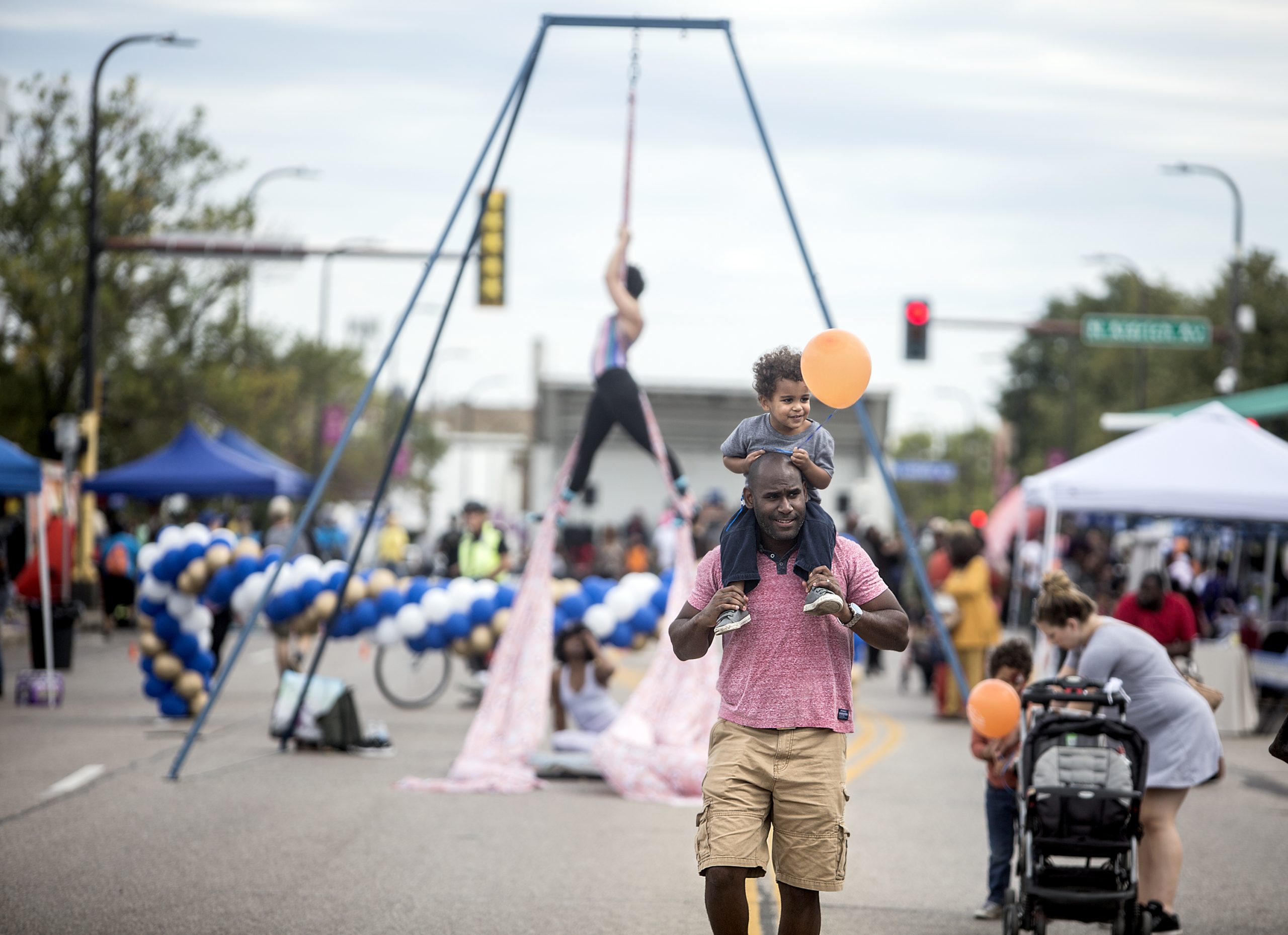
The compounding effects of intersectional oppression are prominently on display right now. We have an uncontrolled pandemic, on top of the longtime public health crisis that is institutionalized racism. Our democracy is under threat. People are unhoused in record numbers. Gaps in wealth, health, and educational outcomes between the haves and have-nots in our communities are widening even further.
Reimagined systems are desperately needed, and Pillsbury United Communities is heeding that call. Through the lens of people, place, and prosperity, our leaders are aggressively advocating for upstream change that will build long term power in our communities. Additionally, our agency has launched a public policy team and a community development corporation to reimagine the structures that govern our day to day lives.
While we use our institutional power to lay a foundation for long-term change, we remain committed to immediate and short-term relief for those who’ve long borne the brunt of our country’s violent and inequitable systems. We must be responsive to the needs of today without settling for them as permanent fixtures of life in our city.
We hope you’ll join us in seeking justice. For advice on where to start, we’ve asked a few of our leaders to share their wisdom.
Tsega Tamene, Senior Director of Population Health
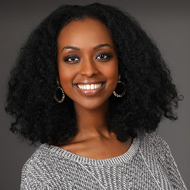
Tsega Tamene
COVID-19 has been a truth teller. It has exposed what was already in plain sight to many of us. Black, Indigenous, and communities of color have experienced the disparate economic, health, and psychosocial impacts of racism well before, starkly during, and very well likely after this pandemic—unless we choose a different world.
We must reimagine, redesign, and transform systems toward health justice. In doing so, we must fundamentally shift how we think, speak, and act about health and health inequities. Namely, we must shift from treating health as a commodity to health as a human right. Shift now by:
- Supporting frontline workers like ours who everyday disrupt health inequities that are driven by social and structural harms rooted in racism (not naturally occurring biological difference or individual behavior).
- Lifting up local wellness and healing justice practitioners who identify as Black, Indigenous, or People of Color (BIPOC).
- Joining policy advocacy efforts calling for the transformation of our healthcare payment system to prioritize the health of all people. Amplifying the voices of community health workers, doulas, and other critical roles who are lesser valued by existing payment models.
- Learning more about the history of medicine and racism’s impact on health.
- Studying yourself to heal yourself. Exploring your racialized trauma and your role(s) in social change.
Faye Price & Noel Raymond, Co-Artistic Directors, Pillsbury House + Theatre
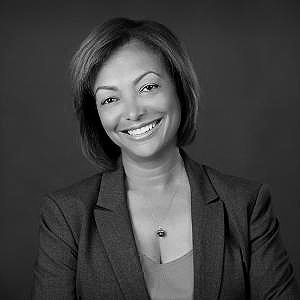
Faye Price
At Pillsbury House + Theatre, we employ roughly 300, mostly-BIPOC artists every year. Those folks, and the entire creative workforce, are extremely economically unstable right now because of the pandemic. This is a workforce that has been decimated like the restaurant industry.
Our artists are often activists who highlight systemic inequities and cast visions for liberation. They are called to do that imagining regardless of compensation. We need them right now more than ever, and many are being asked to do cultural labor unpaid. There is an expectation that they will always be here, but they won’t if we don’t act. Act now by:
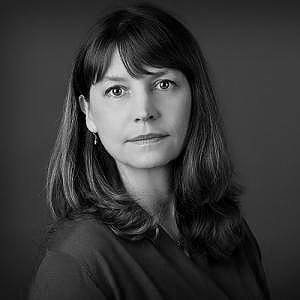
Noel Raymond
- Hiring an artist. Pay them generously for their time.
- Donating to a nonprofit’s commissioning fund, so that they are able to hire artists (we have one here at PHT). If you run a nonprofit or work for one, create a commissioning fund and embed artists into your work, minimizing arduous reporting requirements and maximizing compensation.
- Contacting your member of Congress and tell them to support the Mixed Earner Unemployment Assistance Act of 2020.
Julie Graves, Senior Director of Youth & Future
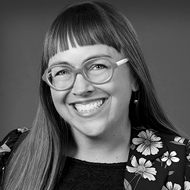
Julie Graves
We have built our systems and models of youth programming to complement school models. For better or worse, we live in the tangled webs of integrated systems. When Minneapolis Public Schools change their offerings, we have to pivot too. With school not returning to the status quo this fall, these structures that we’ve played off of always, don’t exist anymore. We have to figure out new ways of engaging our young people and supporting their families in the process. We have to do so in the midst of so much uncertainty about the future of school day education—this year and beyond.
Funding for youth programming in Minneapolis, particularly K-5, has been decimated in the last decade. Our stressed, barebones system of out-of-school youth programming is now being asked to completely reinvent the way it operates to support entirely new needs. We need to return to a system where every child and family has access to a community center that offers a holistic, integrated model of support—tutoring, entertainment, meals, space to just be together.
Support this work by donating to the chronically underfunded community centers, like Waite House, who provide whole-family support. Advocate for more out of school time youth funding in the 2021 Minneapolis city budget—and the state budget. This is violence prevention work. This is an investment in the future of our city.
Antonio Cardona, Director of Office of Public Charter Schools
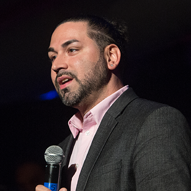
Antonio Cardona
Resources are not scarce. They are inequitably concentrated. If we are serious about reimagined systems, we have to question and tactically change what we value and where we direct resources. In public education, we have a simple, yet fundamental challenge: funding for public education is rooted in property taxes that are a result of decades of purposeful housing and employment discrimination. We need to change this system.
Secondly, just as we have been talking about social determinants of health for the last two decades, there are also social determinants of education. COVID-19 and George Floyd’s murder has laid bare the ways in which the most marginalized are the first effected by societal change. Think of a tsunami. First, the water recedes, exposing the gunk just beyond the shoreline. Then, the water slams that same shoreline, throwing everything into disarray. Those on higher ground are able to escape the worst effects. This exposes what kids and families need in order to grow and learn. Stability, food, housing, health care, family businesses—all of the things that have been decimated during this time.
Take action by supporting and participating in the civic institutions that push population-level work forward; voting; completing your Census; and paying attention to city council meetings, school board meetings, and commission decisions. Support and hold your officials accountable while trying to avoid a descent into unhelpful or uneducated dialogue.
